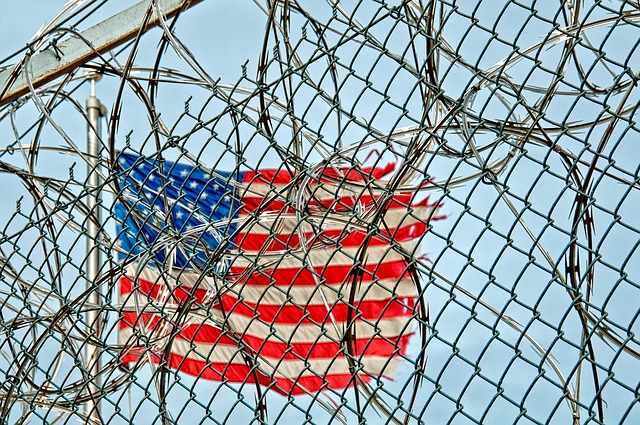In many jurisdictions, vehicles impounded due to DUI offenses can be a significant burden for individuals seeking to regain mobility. This article offers comprehensive guidance on understanding impounded vehicle processes and navigating DUI release. We explore alternative transportation options available during this challenging period. Additionally, we provide a step-by-step guide to help you efficiently navigate the release process, ensuring you can get back on the road while adhering to legal requirements, with a focus on utilizing Alternative Transportation Options.
- Understanding Impounded Vehicles and DUI Laws
- Exploring Alternative Transportation Options
- Navigating the Release Process: Step-by-Step Guide
Understanding Impounded Vehicles and DUI Laws

When a vehicle is impounded due to a DUI (Driving Under the Influence) offense, it’s crucial to understand both the legal implications and available options for release. Impounded vehicles refer to cars seized by law enforcement agencies as part of their efforts to enforce drunk driving laws, often to serve as evidence or as a result of license suspension. In many jurisdictions, specific rules govern what happens after a vehicle is impounded following a DUI arrest.
These regulations can vary widely, but they generally include provisions for vehicle storage fees, release procedures, and alternative transportation options. Individuals facing impoundment due to a DUI should be aware of their rights and obligations under these laws. Knowing the process and available alternatives, such as arranging for alternative transportation options, can help alleviate stress during an already challenging situation.
Exploring Alternative Transportation Options

When facing the consequences of a DUI, one of the initial challenges individuals encounter is managing impounded vehicles and finding transportation alternatives. This is where exploring alternative options becomes crucial. Many cities offer various services to assist those affected by alcohol-related driving offenses. For instance, some provide special permits or temporary passes that allow owners to retrieve their cars from impound lots. These programs aim to prevent further inconvenience and financial strain on individuals already dealing with the legal implications of a DUI.
Additionally, there are ride-sharing services and public transportation systems that can be utilized as alternative transportation options. These services not only offer a means to get around while your vehicle is impounded but also encourage responsible decision-making for future trips. By considering these alternatives, individuals can begin navigating their post-DUI life, ensuring they remain compliant with legal requirements and maintain safe travel arrangements.
Navigating the Release Process: Step-by-Step Guide







